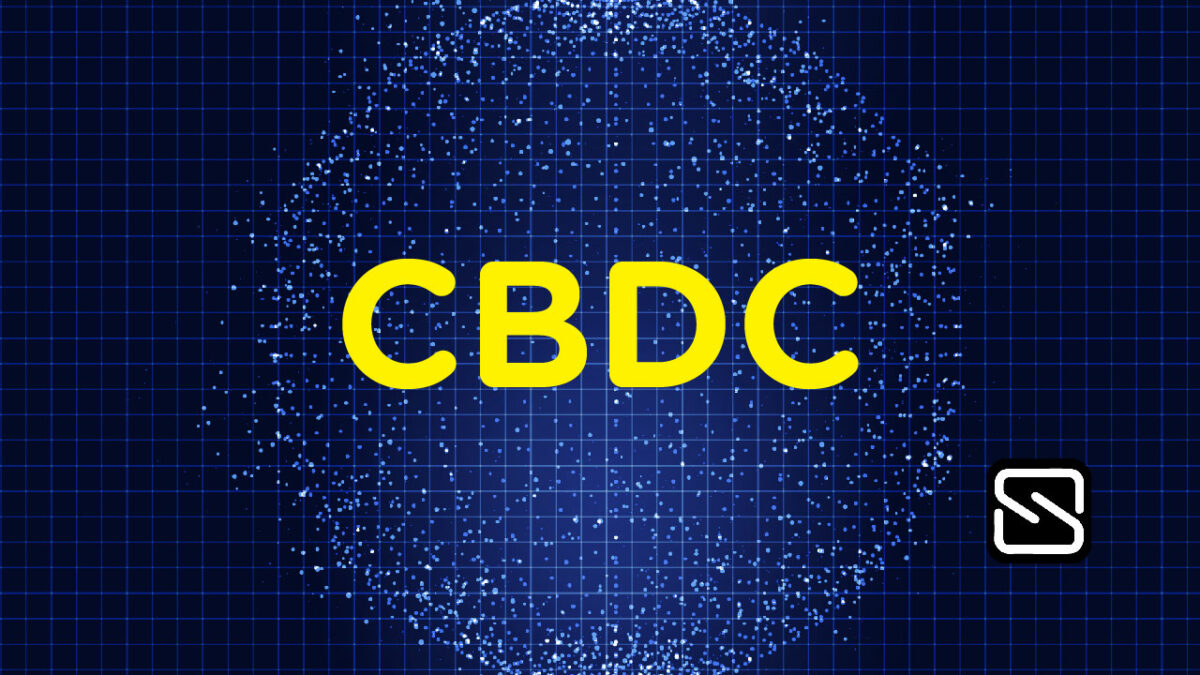As the world explores the capabilities of blockchain technology to change our digital financing structures, South Africa has seen a breakthrough in the implementation of a Central Bank digital policy following the conclusion of a technical Proof-of-Concept phase. The project is to be used by the South African Reserve Bank (SARB) to highlight the benefit and risk implications of distributed ledger technology (DLT) adoption in financial markets.
In an undertaking called Project Khokha, SARB has completed the second phase of its wholesale Central Bank Digital Currency (wCBDC) trials. The project involved some of South Africa’s largest banks as they tested the viability of an interbank payments settlement system based on a wCBDC.
A wholesale CBDC is basically a digital representation of government-backed, fiat money that is issued by the Central Bank and used by banks & other financial institutions to settle large volume transactions. Central Bank Digital Currencies store and record transactions on digital ledgers running on blockchain technology. With over 80 countries around the world developing CBDCs, the PwC Global CBDC Index and Stablecoin Overview 2022 ranks South Africa among the top ten countries globally pursuing this venture.
More information on CBDCs can be found here.
The first phase of Project Khokha kicked off in 2018 and experimented with Decentralized Ledger Technology (DLT) for interbank payments’ settlement featuring a system that tokenized the Rand on a private ledger. The project was successful in mirroring the existing South African Multiple Option Settlement (SAMOS) that facilitates the real-time settlement of domestic individual large payment transactions, large retail transaction batches, and bond and equity market settlement obligations.
The focus of the subsequent Project Khokha 2 (PK2) was on a wholesale CBDC. In February 2021, the second phase of the Khokha project was launched. The project involved testing DLT with trading and settlement in a proof of concept environment. There were several names from the industry as a part of the project: FirstRand, JSE Limited, Absa, Standard Bank and Nedbank together formed the Intergovernmental Fintech Working Group (IFWG).
The trial involved the development of two concurrent platforms; one to manage the digital currency on the Central Bank’s end while the other served as a decentralized trading platform for the wholesale settlement token (wToken) to be transferred between commercial banks. This included a two-way bridge allowing transfers to be made across the two platforms as well.
DEMO: Project Khokha – South African inter-bank payments settlements system
All this change, however, needs to be structured and SARB pointed out that new standards and support systems will be needed and these new platforms will have to be integrated with the existing bank systems for the implementation of the technology. The cost of this implementation and integration is expected to fall on the banks.
While the new technology would be used to streamline multiple processes, SARB noted that it could threaten existing commercial bank systems including the widely used Real Time Gross Settlement (RTGS) system. On the other hand, the experiment showed that the CBDC and its DLT system could possibly co-exist thereby reducing costs and complexities in the financial sector.
In his remarks on the project, SARB Governor Lesetja Kganyago said that a wCBDC can’t be experimented upon in isolation from the wider financial industry.
“We recognise that digital currency innovation cannot be explored in isolation. The SARB continues to draw on the insights emerging from various initiatives, including (but not limited to) our ongoing study into the feasibility, desirability and appropriateness of a retail Central Bank Digital Currency (CBDC), to enrich our understanding of digital currency implications,” he commented.
In the long run, having a more streamlined system is in the interest of ensuring a level playing field for all participants and the Governor added that the Bank had gained great insight through this practical exploration. Given that the country’s economic rival, Nigeria, launched a retail CBDC in the eNaira last year, more research is also being carried out into how desirable or appropriately retail CBDC technology can be implemented in South Africa.
